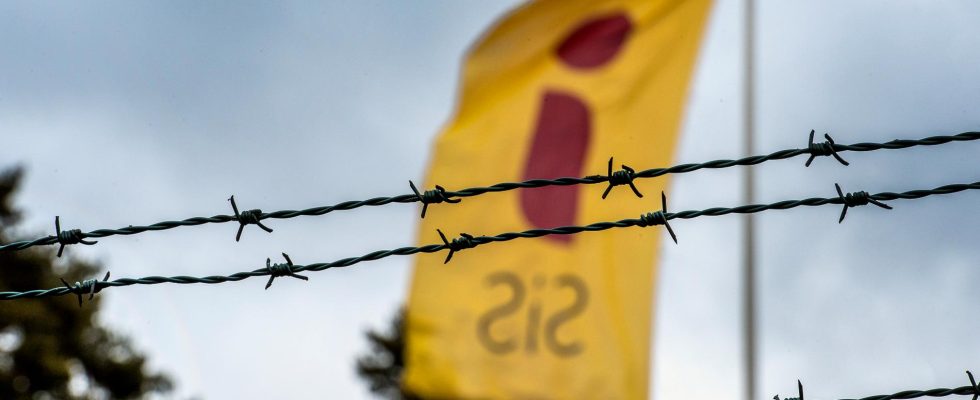unsaveSave
expand-left
full screen Exterior of a Sis home in central Sweden. Archive image. Photo: Marcus Ericsson/TT
Staff violence against children in Swedish SIS homes increased last year to an all-time high. This is shown by an examination from the Children’s Rights Agency.
The children’s rights organization states that staff violence increased for the third year in a row, despite 140 million kroner in extra funding from the state last year.
– It cannot be acceptable that an authority should be allowed to continue with such a development where children suffer this badly, says Elin Wernquist, Secretary General of the Children’s Rights Agency.
In 2023, 1,637 physical interventions were carried out at Sis homes compared to 1,405 in 2022, according to the review, which is based on Sis internal statistics, complaints from placed children and criticism from regulatory authorities.
The number of complaints against the homes to the Inspectorate for Care and Care increased to 425 compared to 353. These can be about both physical violence and sexual abuse.
In February, the government announced that it wants to reform child and youth care and replace the Sis homes with a completely new system.
– The concern is that such a process takes many years. A 13-year-old girl who is placed today has time to turn 18 before a new authority is in place. A crisis plan is needed to stop the violence now, says Wernquist
She also believes that Sis has a flawed analysis of what the situation is due to.
– Sis does not reason very much about staff violence against children in its own annual report. But if you look at research and the protocols of the supervisory authorities, it is about a lack of competence and a lack of treatment.
FACTS The Children’s Rights Agency
Is an organization that works for children’s rights – among other things by offering vulnerable children and young people social and legal support and practical help in their contact with authorities.
Started in 2011 as a project within the framework of First Diaconia and since 2015 has been its own organization, which is run as a non-profit association.
Read more
